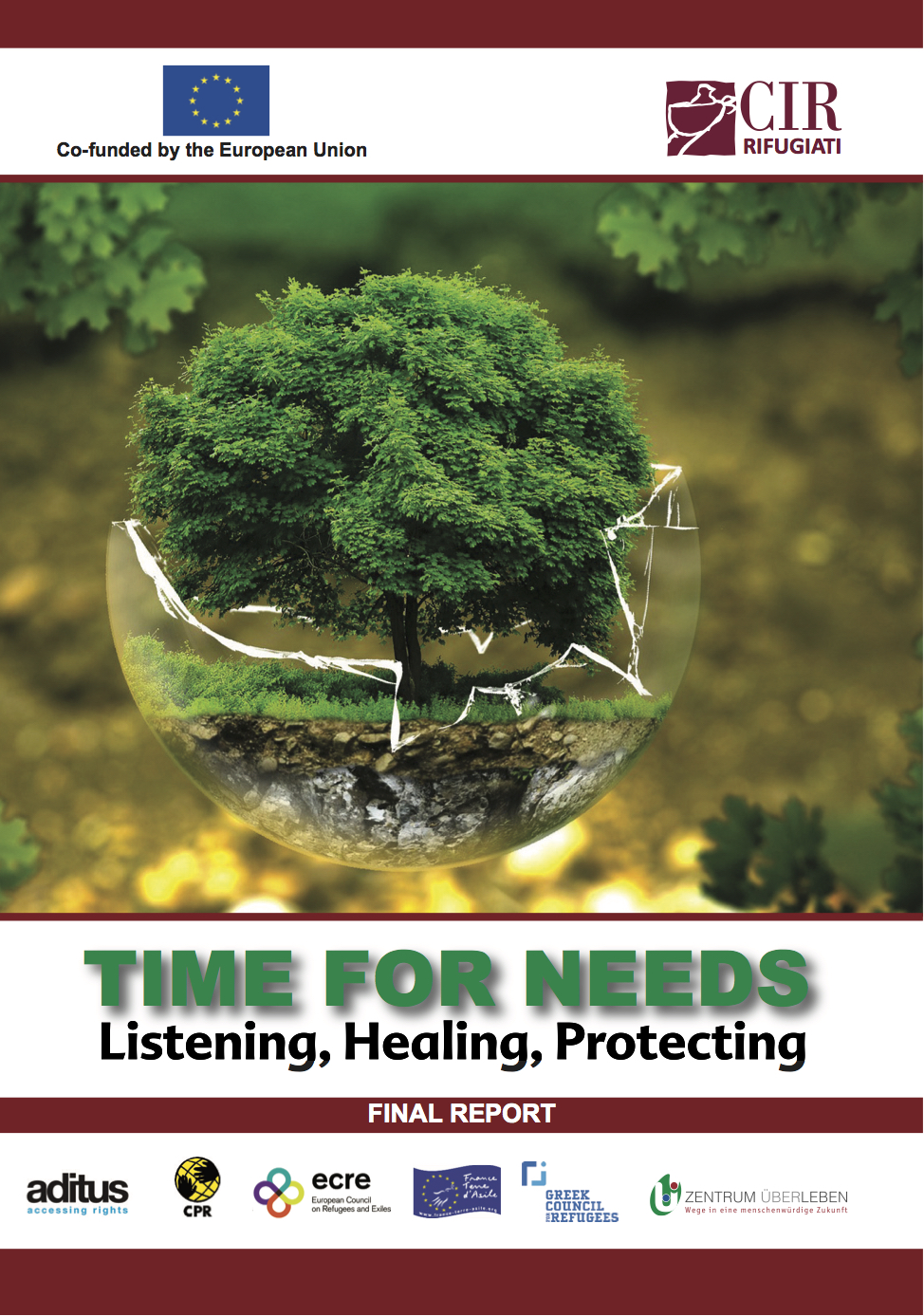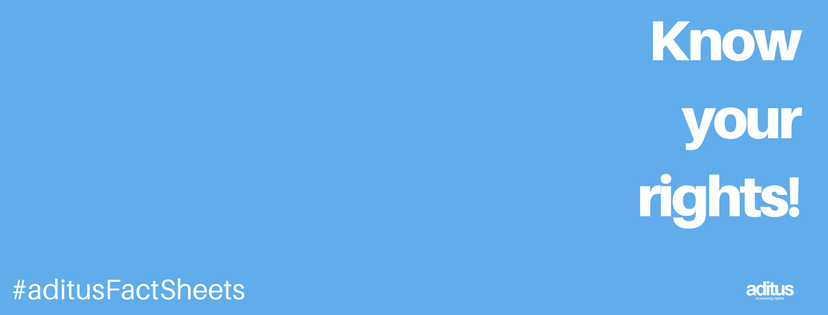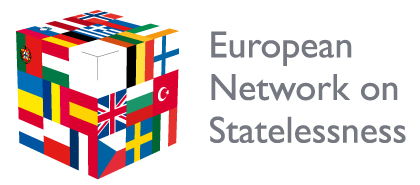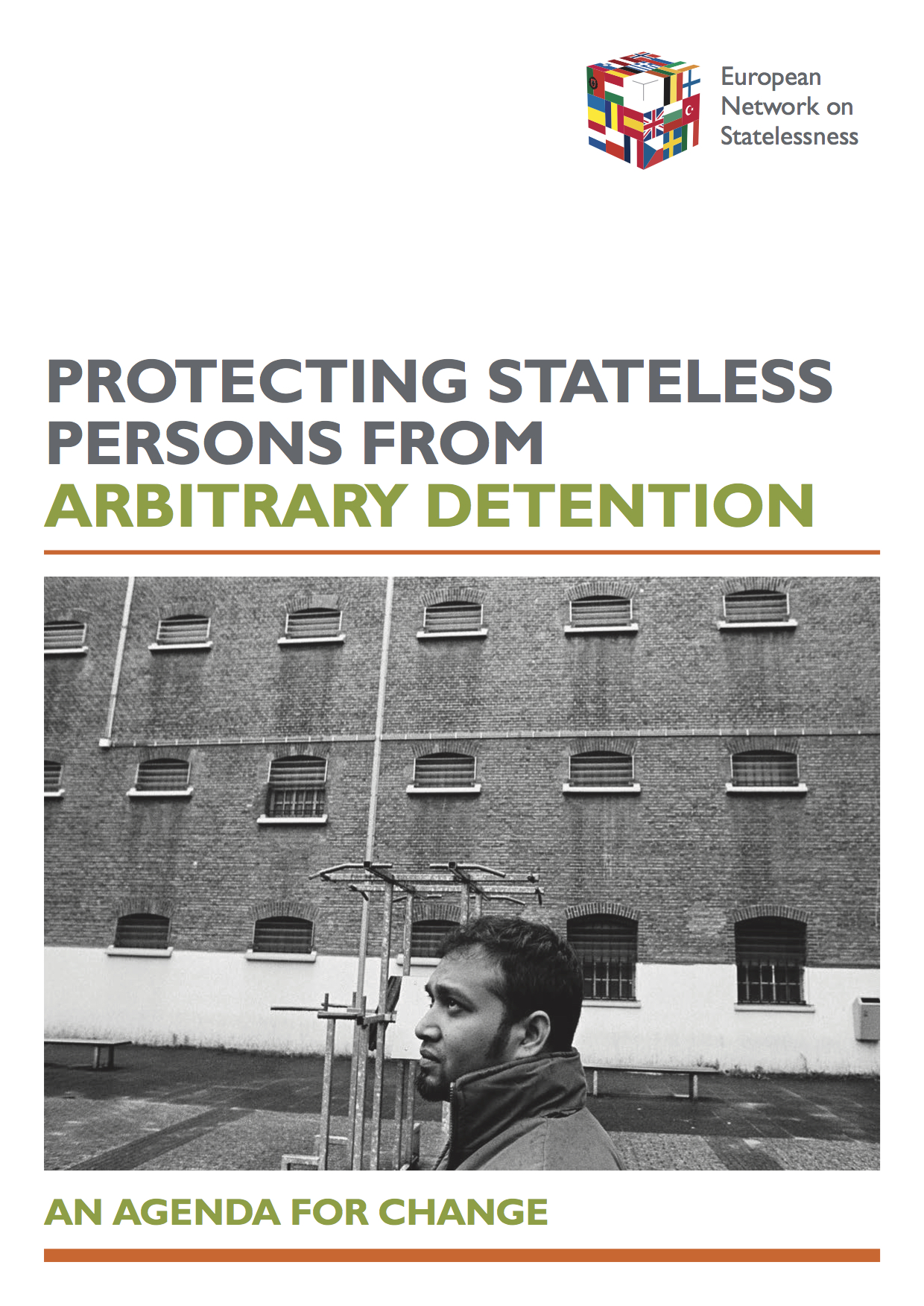The European Parliament’s Mission Report Following the ad-hoc Delegation to Malta (30 November – 1 December, 2017) was finally published yesterday. The Report outlines the findings of the visit of an ad-hoc Delegation to Malta composed of 8 European Parliamentarians drawn from the Committee on Civil Liberties, Justice and Home Affairs (LIBE) and the Committee of Inquiry into Money Laundering, Tax Avoidance and Tax Evasion (PANA). The Report contains a summary of the meetings that the Delegation held with various government representatives, public authorities and civil society, and it also presents a number of recommendations to be implemented at European level and at national level here in Malta.
During the meeting held with civil society representatives aditus reiterated that problems relating to the rule of law in Malta are systematic and stem from the concentration of powers granted to the Prime Minister by the Constitution. Neil, our Director, noted that these concerns existed prior to the election of the current government and to the assassination of Ms. Caruana Galizia. The current system permits the politicisation of national authorities, by allowing the appointment of party affiliates to judicial positions, to monitoring and deciding bodies and to key positions within the administration. Other issues raised during this particular meeting can be found on pages 12 and 13 of the Monitoring Report.
aditus had previously raised these concerns and had called on the Maltese government and Parliament to commit to a governance approach that is built on transparency, inclusivity and accountability. The crisis Malta is facing today can be seen as the direct result of successive governments retaining and strengthening the power-structures, obscuring the lines separating the legislative, executive and judicial branches of government. aditus had also called on civil society to avoid complacency and to expect more and better from any Government of the day and from Parliament, to require from them the most impeccable conduct and, where this fails, to insist on their immediate resignation or removal. However, primarily we recommended the implementation of a true Constitutional reform that will rebuild the nation from its grass roots, with strong and independent democratic institutions that are capable of effectively ensuring the rule of law and respect for fundamental human rights. [Full press releases: The nation deserves better, and more, from Government and Parliament – Joint NGO Press Release, Joint NGO letter to the Prime Minister on the recent appointment of Dr. Herrera as Justice Commissioner].
In a similar vein, the Platform of Human Rights Organisations in Malta (PHROM) in its 2016 Annual Human Rights Report Protecting Human Rights, Curbing the Rule of Power, flagged “issues of bad governance, lack of transparency and accountability as the most serious concern for the general state of human rights in Malta.” The 31 members of PHROM, which include aditus foundation, cited the Panama Papers scandal, the corruption allegations involving members of the Government and the then upcoming elections as the most worrying obstacles for the fulfilment of human rights in Malta. Finally, PHROM called on the Government to commit governance approach that puts people and the protection of their rights at the centre of their policies, rather than safeguarding the privileges of a few.
In concluding, the Delegation’s Monitoring Report noted that “MEPs expressed serious concerns about the unclear separation of powers, which has been the source for the perceived lack of independence of the judiciary and the police, the weak implementation of anti-money laundering legislation, the serious problems deriving from the ‘investments for citizenship programme’, and the mentions of Maltese politically exposed persons in the Panama Papers and their continuing presence in government.” In tackling the problems identified with the functioning of the rule of law, the Delegation recommended that:
- Work is needed to ensure stronger checks and balances in the Maltese legislative framework to better separate powers and to limit possible interference of the Prime Minister in the judiciary and the media;
- Reform the Attorney General functions, to decouple the role of advisory to the government from the role of prosecution;
- Reform the Judiciary, namely on the basis of recommendations made in 2013, in order to reinforce the separation of powers and the independence of the Judiciary;
- The Police Commissioner should no longer be appointed by the Prime Minister but by an appropriate independent body. Similarly, the veto power of the Prime Minister should no longer exist regarding the nomination of the Maltese Chief Justice;
- An investigation is needed over the alleged influence of elections through increased hirings in the public sector, issuance of construction permits and regularisations of irregular constructions, as well as pay increases and promotions in the military.
(for the full list of recommendations refer to pages 29-31 of the Monitoring Report)
We call on the Government and Parliament for immediate action by taking these recommendations on board and by kick-starting the process of a proper reform that would ensure good governance, free from corruption and abuse of power and the functioning of the rule of law, which would guarantee justice, personal security and the protection of fundamental rights for all.




